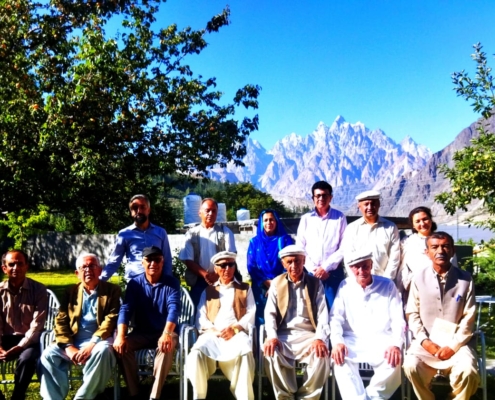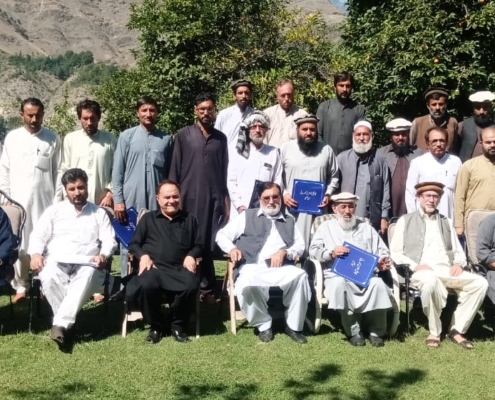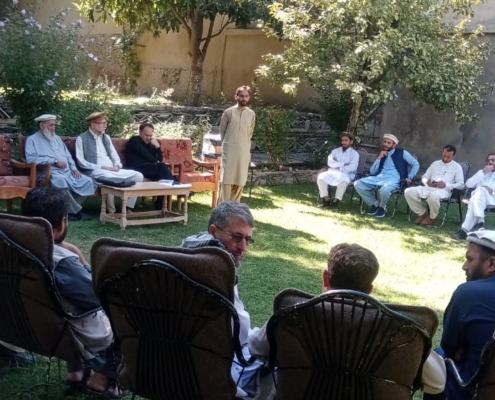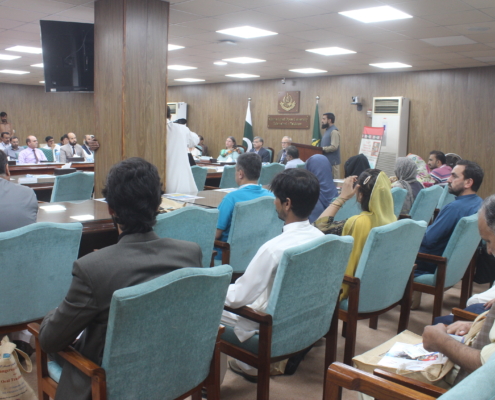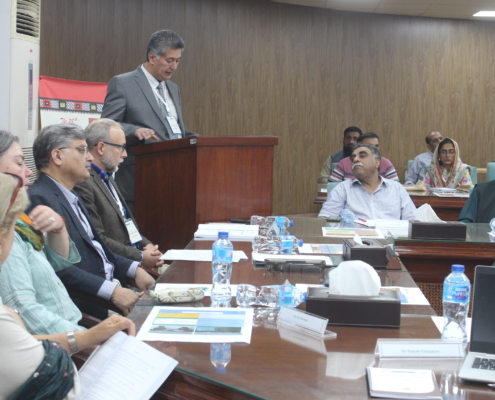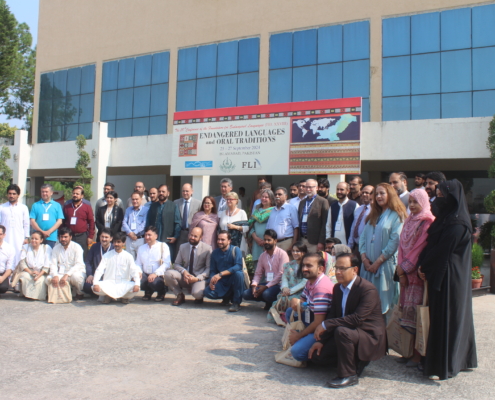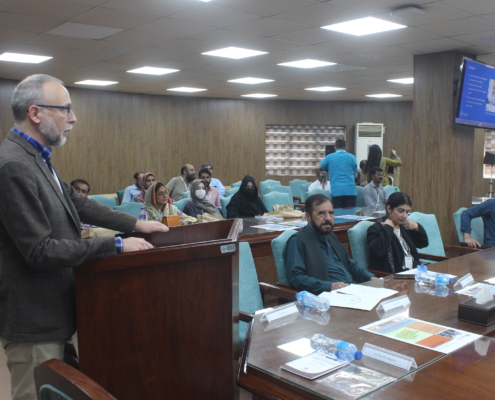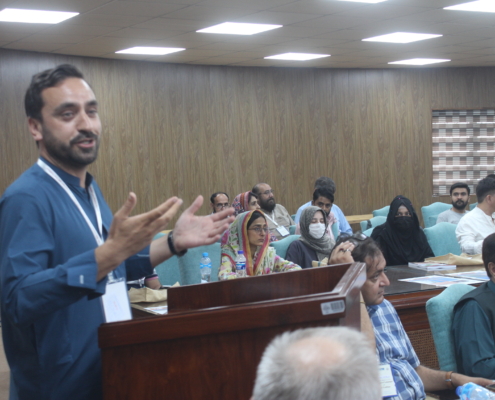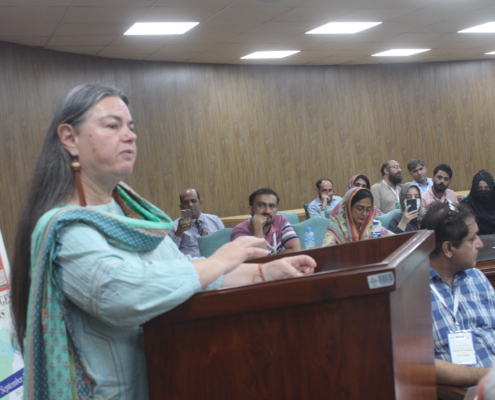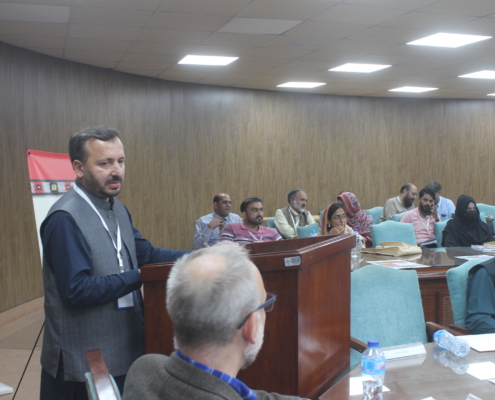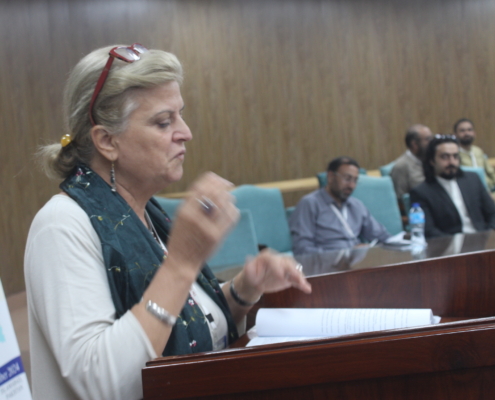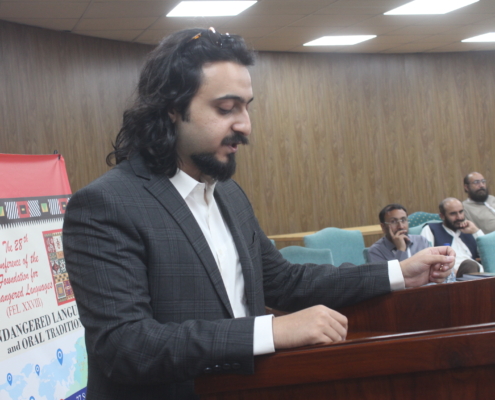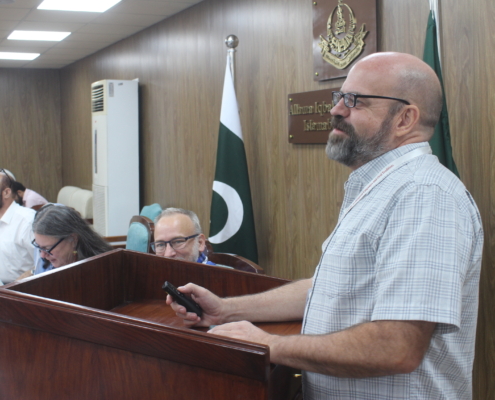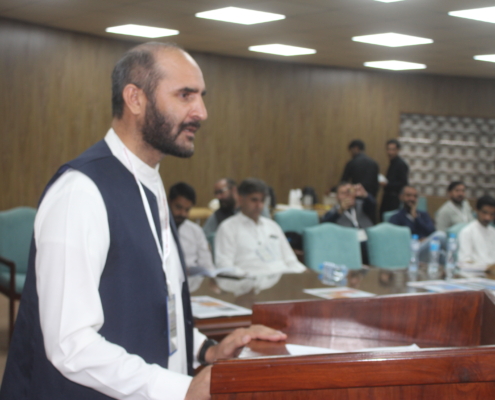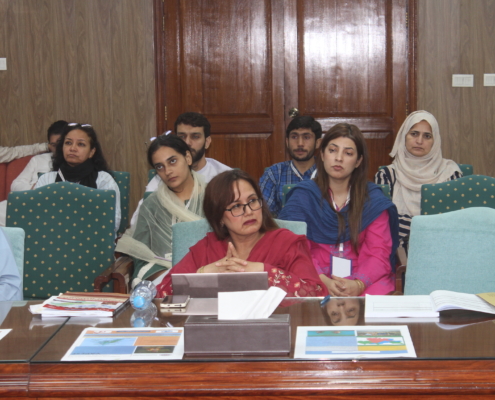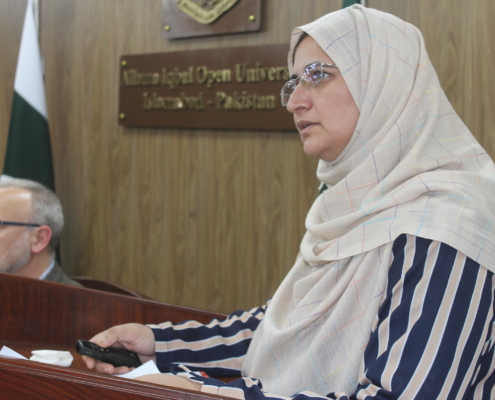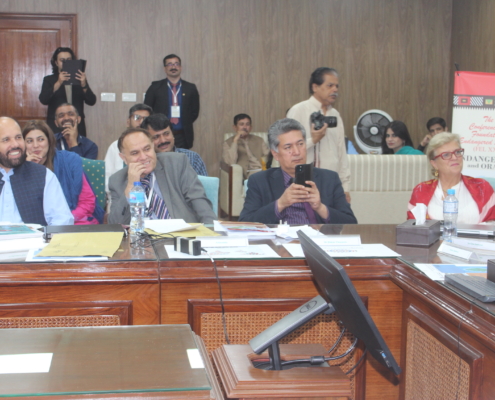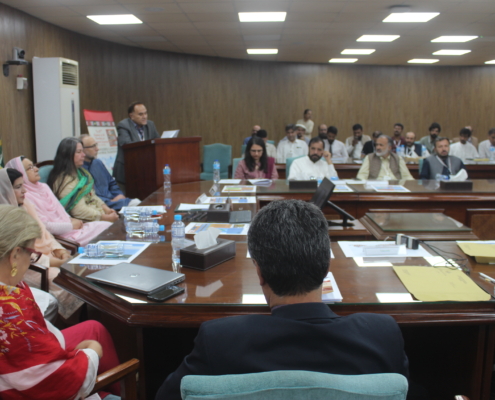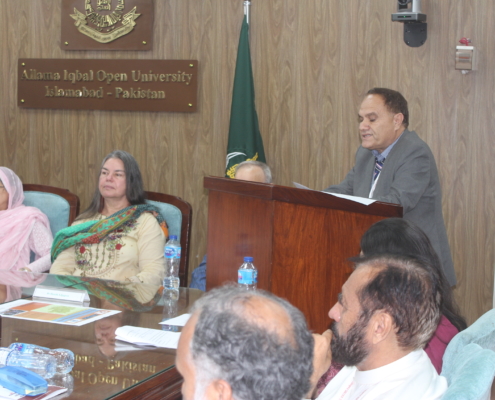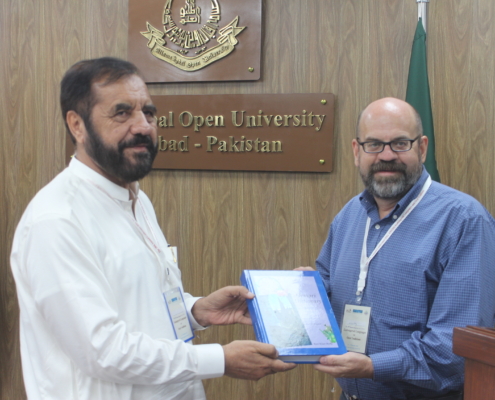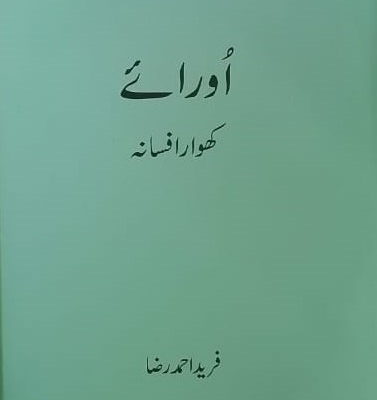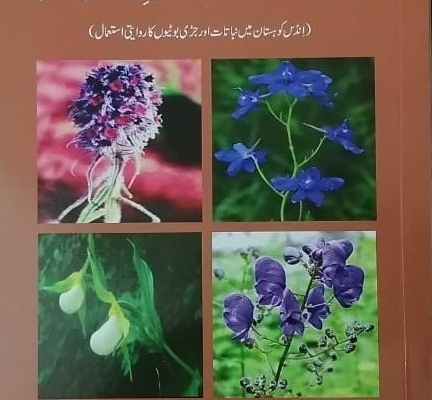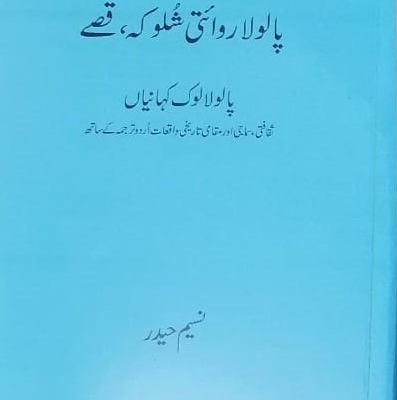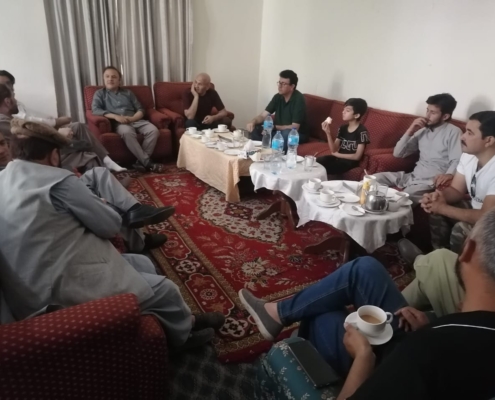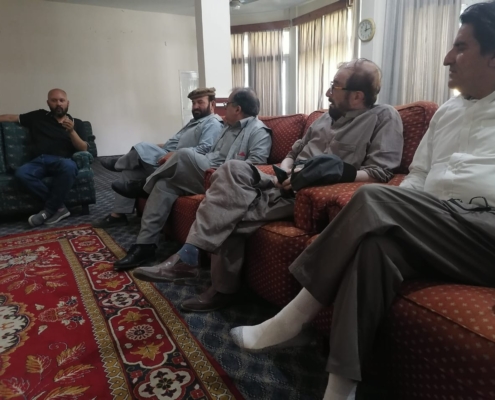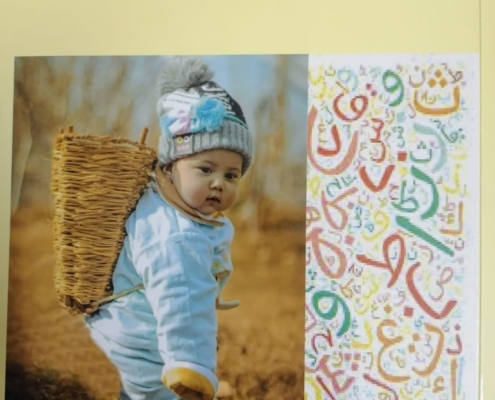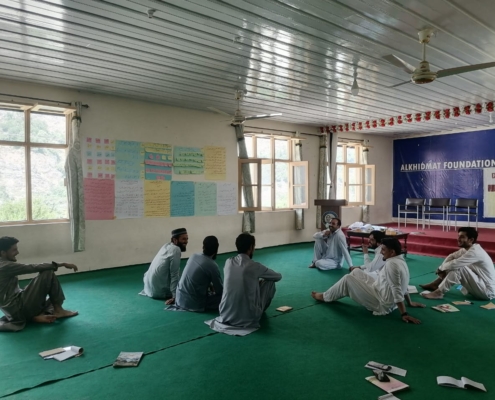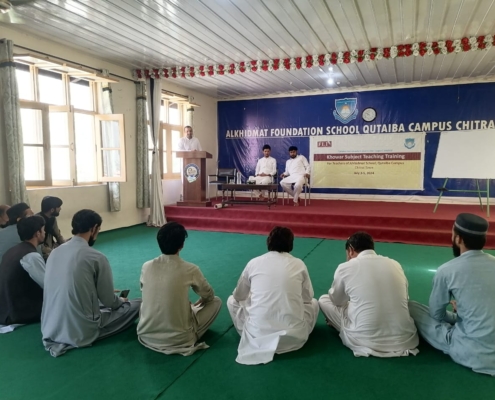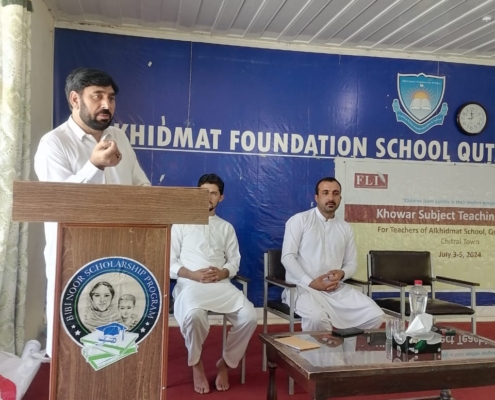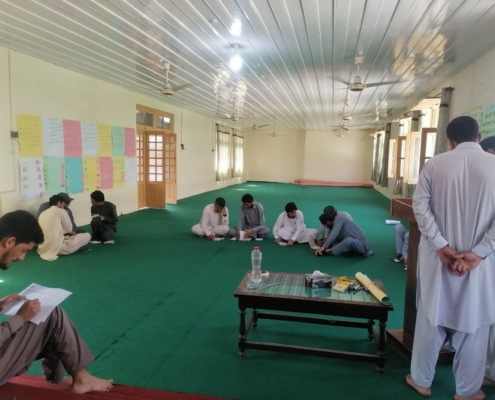On July 27, 2024, a significant meeting was held in Gulmit, Gojal Hunza, bringing together the board of directors of the Forum for Language Initiative (FLI), the Wakhi Tajik Culture Association (WTCA), and members of the local Wakhi community. The event began with a heartfelt recitation of verses from the Holy Quran by Mr. Ashiq Ali, setting a respectful and solemn tone. This was followed by a cultural welcome song, “Shaw Muborak Bodh,” performed by the founding members and elders of WTCA.
Following the opening session, Mr. Lutfullah Khan, President of the WTCA, provided an overview of the association’s history, objectives, and future strategies. He explained that the WTCA was founded in 1991 and registered with the government of Gilgit-Baltistan. Over time, the association expanded its outreach beyond its initial locale to various regions within Gilgit-Baltistan, Khyber Pakhtunkhwa (KPK), and other areas across Pakistan where members of the Wakhi diaspora reside.
Mr. Khan detailed the organizational structure of WTCA, which includes an executive committee and eight distinct units serving different communities: Chipurson unit, Shimshal unit, Gojal I, Gojal II, Ishkoman unit, Bihanz unit, and the recently established Broghil unit in the Chitral valley. This structure enables WTCA to effectively address the needs and cultural preservation efforts of various Wakhi communities in these regions.
The WTCA has actively engaged in cultural events both nationally and internationally and participated in prominent national events across different regions of Pakistan. The Wakhi community spans more than five countries, including Pakistan, China, Tajikistan, Afghanistan, and Russia, as well as several other nations. Mr. Khan expressed his gratitude to the board of directors and management of FLI for their valuable time and support in preserving and promoting the Wakhi language and culture. He also expressed hope that FLI would continue to support future initiatives and literary projects related to the Wakhi language.
FLI Chairman Rozi Khan Barki and Executive Director, Fakhruddin discussed FLI’s initiatives and emphasized their commitment to advancing the Wakhi language agenda in collaboration with WTCA.
